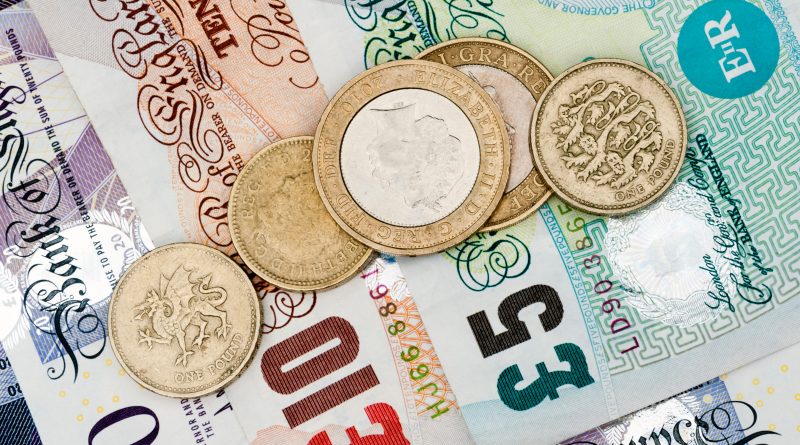Hunt unveils Autumn Statement measures
By Connor Steel
BRITAIN’S tax burden rose to its highest level since the Second World War on Thursday (November 17) as Chancellor Jeremy Hunt announced his Autumn Statement, which featured a variety of taxes and curbs on Government spending amounting to £55bn as he attempted to plug ongoing black holes in public finances.
Addressing House of Commons’ colleagues from 11:30am, the Chancellor gave the sobering news that the country was in ‘recession’ and blamed the ongoing conflict in Ukraine as a main contributor. Mr Hunt stated this was the same for other countries and Britain was not alone in suffering a deep lying economic downturn.
Setting out his stall the Chancellor also warned that unemployment is expected to rise by 1.3% to nearly five percent over the coming months, but promised that he would help tackle the ‘cost of living crisis’ and rebuild the UK economy as it deals with factors ranging from huge Covid-19 borrowing to September’s mini-budget.
Starting from April 2023 the national minimum wage will increase by nearly ten percent from £9.50 to £10.42 per hour to boost pay-checks for millions; whilst further freezing the income tax personal allowance, national insurance and inheritance tax thresholds. The higher rate threshold was also lowered by a total of £125,140.
The Chancellor further committed to maintaining the triple-lock on pensions, which promises to increase the state pension each year in line with inflation rates, average earnings or 2.5%. Currently this figure stands in line with inflation which rose to 11.1% this Wednesday, a level not seen since the 1980s under Mrs Thatcher.
But this increasing rate of inflation means that the minimum wage increases will be engulfed by rising prices for essential goods such as food, fuel, water and sewage. A forecast from the OBR warned that in real terms costs, the average disposable income of each household could fall by 7.1% over the next two years to 2024.
If correct it would be the lowest rate in history with records beginning in 1956/7 and would take incomes back to 2013 levels under George Osbourne’s austerity cuts. With this warning in mind Mr Hunt confirmed that all social housing rates will see annual increases capped at 7% by 2024 alongside help for the most vulnerable.
This would see benefits and state pensions increasing to align with inflation rates, leading to the annual rise of £870 on average. Similar to this year cost of living payments are set to be offered in 2023; which includes £900 for those on means-tested benefits, £300 for pensioners and £150 for those claiming disability benefits.
Universal Credit claimants will receive a monthly payment as normal for the foreseeable future, but a further 600,000 will be forced to meet with their work coaches to get more people into workforces and better earning jobs. This is likely to increase in line with unemployment figures and ongoing changes to the AET thresholds.
On energy prices Mr Hunt stated support on bills will continue past April 2023, although the existing caps are set to rise to £3,000; meaning that households face an average bill rise of £500 per year. Energy companies did not escape either with windfall tax rates rising to 35% and extended to continue until at least early-2028.
The Chancellor further allocated a total of £3.3bn to help the NHS as it approaches yet another tough winter, with adult social care sectors receiving £1bn next year and £1.7bn in 2024. Schools were granted a funding boost of £2.4bn per annum to support education costs like teachers, curriculums, exams, and all equipment.




